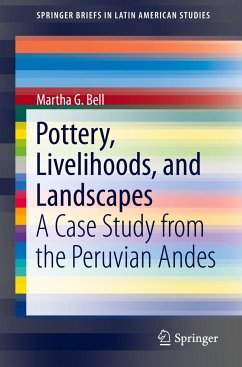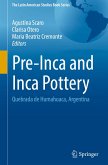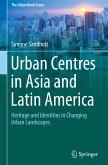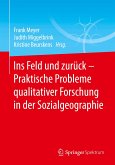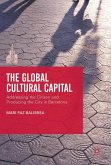This book describes the pottery trade activities of the residents of the community of San Bartolomé de los Olleros in Piura, Peru. Based on extensive interviews with potters and traders, it explains why the barter of pots continues to be practiced, and explores how pottery production and exchange practices may now be changing. The book provides a unique and detailed analysis of the interconnections between handicraft production, rural trade networks, and agriculture in an Andean context.
Pots are mainly bartered for food crops within a non-monetary peasant economy distinct from the "conventional" market. This practice is an important food source for pottery traders; thus trader livelihoods are placed at the center of this qualitative study of pottery distribution. Of primary importance are: 1) the decision-making processes surrounding exchange activities, 2) how exchange choices produce distinct spatial patterns, and 3) how the marketing of pots impacts livelihoods.
Pots are mainly bartered for food crops within a non-monetary peasant economy distinct from the "conventional" market. This practice is an important food source for pottery traders; thus trader livelihoods are placed at the center of this qualitative study of pottery distribution. Of primary importance are: 1) the decision-making processes surrounding exchange activities, 2) how exchange choices produce distinct spatial patterns, and 3) how the marketing of pots impacts livelihoods.

